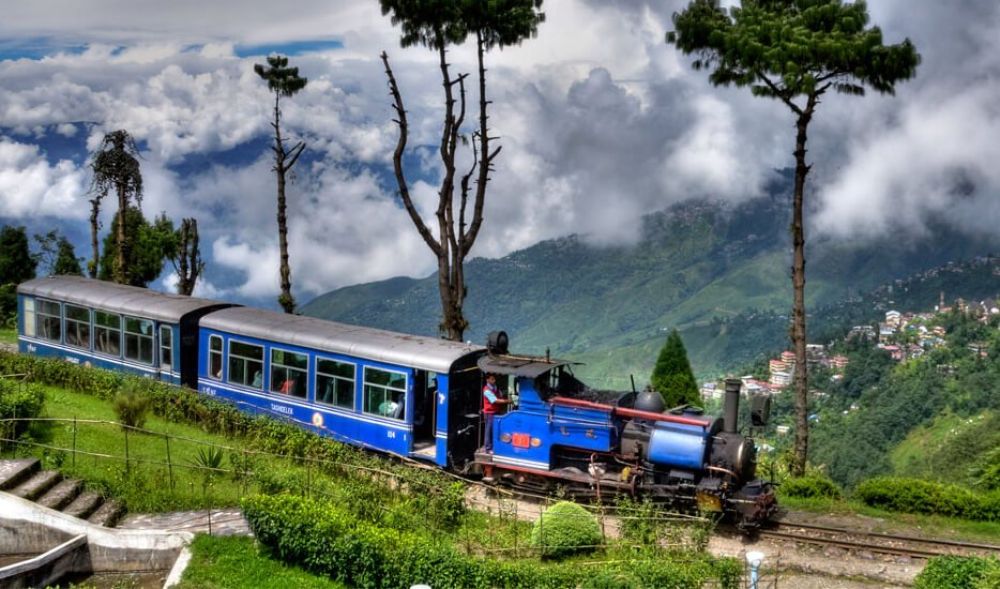

The quaint hill station of Darjeeling is nestled in the foothills of the mighty Himalayas in the state of West Bengal, India. Often referred to as the 'Queen of the Hills', Darjeeling has been a popular tourist destination since the colonial era. The history of tourism in Darjeeling is a fascinating journey through time, beginning in the mid-19th century when the British colonial administration sought to escape the summer heat of the plains.
The establishment of Darjeeling as a sanatorium and a summer resort for the British British Raj is where the story of tourism begins. Around 1840, under the governance of the British East India Company, extensive work was undertaken to develop the region. British officers and their families would frequent the town to enjoy the cool climate, leading to a surge in the construction of colonial architecture – bungalows, churches, and schools that are today’s heritage landmarks.
The game-changer in the history of Darjeeling’s tourism was the inauguration of the Darjeeling Himalayan Railway in the 1880s. Nicknamed the 'Toy Train', this engineering marvel made the journey to Darjeeling more accessible and comfortable, thereby attracting more visitors. In 1999, the Darjeeling Himalayan Railway was designated as a UNESCO World Heritage Site, acknowledging its historical and cultural significance.
After India's independence in 1947, Darjeeling continued to flourish as a premier tourist destination. The town’s blend of natural beauty, colonial charm, cultural diversity, and the production of world-renowned Darjeeling tea, continued to draw domestic and international tourists alike. Hotels, resorts, and various tourist facilities began to pop up to cater to the growing number of visitors.
In recent times, Darjeeling has adapted to cater to modern-day tourists. The town offers a range of activities from trekking and mountaineering for adventure seekers, to peaceful tea garden visits for those looking to relax. It has also embraced ecotourism, with a focus on preserving its unique biodiversity and promoting sustainable travel practices.
Currently, there is a trend towards cultural and experiential travel. Tourists are increasingly interested in the local culture, cuisine, and lifestyles of Darjeeling’s diverse ethnic groups including the Lepchas, Bhutias, and Gorkhas. Homestays have become popular, as tourists seek to immerse themselves in the local way of life. Additionally, there has been a rise in wellness tourism, with visitors attracted to the calming environs of the Himalayan town for yoga and meditation retreats.
The history of tourism in Darjeeling is a testament to the town's enduring appeal. From a colonial hill station to a bustling modern tourist hub, Darjeeling has maintained its status as one of India's most beloved travel destinations. Its timeless allure continues to enchant travelers from all over the world, seeking the tranquility and beauty that can only be found in the heart of the Himalayas.